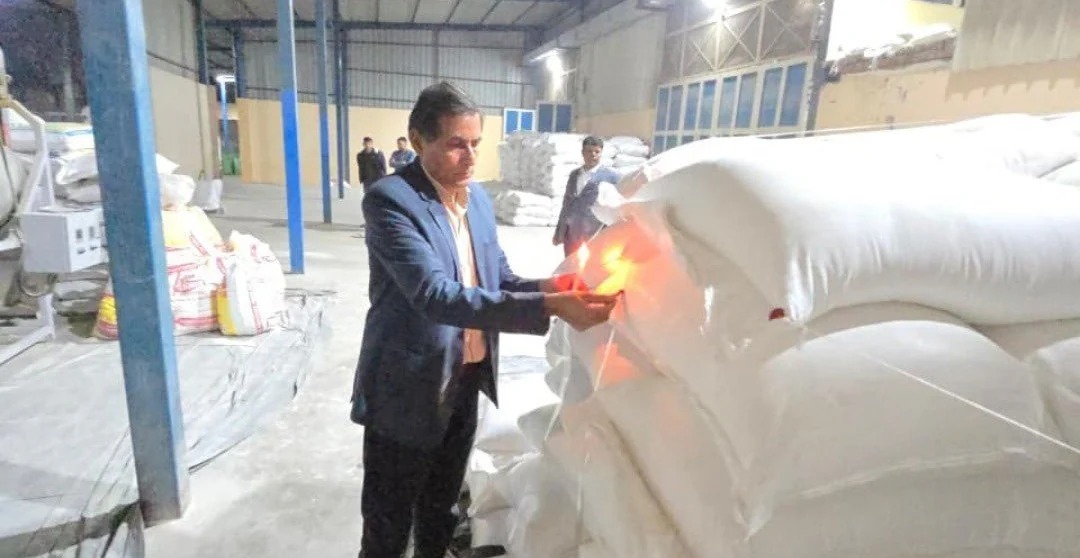Can't go a day without your cup of coffee? Well, you are not alone. It is almost incredible how a single cup of coffee can make a bad day tad more bearable. Turns out, it could be of immense help during your weight loss journey as well. If the findings of the latest study are to be believed, drinking a strong cup of coffee before exercising could boost fat loss. The study, published in the Journal of the International Society of Sports Nutrition, found that caffeine (about 3 mg/kg, the equivalent of a strong coffee) taken half an hour before aerobic exercise significantly increased the rate of fat-burning.
The study also noted that the effect of caffeine is more marked in the afternoon than in the morning. In other words, exercising in the afternoon after a strong cup of coffee may just prove more effective.
Through their study, the researchers aimed to determine whether caffeine, a widely consumed ergogenic substance to improve sports performance, actually increases oxidation or "burning" of fat during exercise.
The popular recommendation of drinking coffee on empty stomach for faster weight loss may be lacking a scientific basis, as it is unknown whether this increase is due to exercising in the morning or due to going without food for a longer period of time, said the lead author of this research, Francisco Jose Amaro-Gahete of the UGR's Department of Physiology.
For the observational study, 15 men (mean age, 32) were examined. They were asked to complete an exercise test four times at seven-day intervals. Subjects ingested 3 mg/kg of caffeine or a placebo at 8 am and 5 pm (each subject completed the tests in all four conditions in random order).
The conditions prior to each exercise test (hours elapsed since the last meal, physical exercise, or consumption of stimulant substances) were strictly standardised, and fat oxidation during exercise was calculated accordingly.
"The results of our study showed that acute caffeine ingestion 30 minutes before performing an aerobic exercise test increased maximum fat oxidation during exercise regardless of the time of day," explained Francisco J. Amaro.
The findings confirmed the existence of a diurnal variation in fat oxidation during exercise. The values were higher in the afternoon than in the morning for equal hours of fasting.
It was affirmed that caffeine increased fat oxidation during morning exercise in a similar way to that observed without caffeine intake in the afternoon.
The scientists conclude that a combination of acute caffeine intake and aerobic exercise performed at moderate intensity in the afternoon is effective for people seeking to increase fat-burning during physical exercise.







